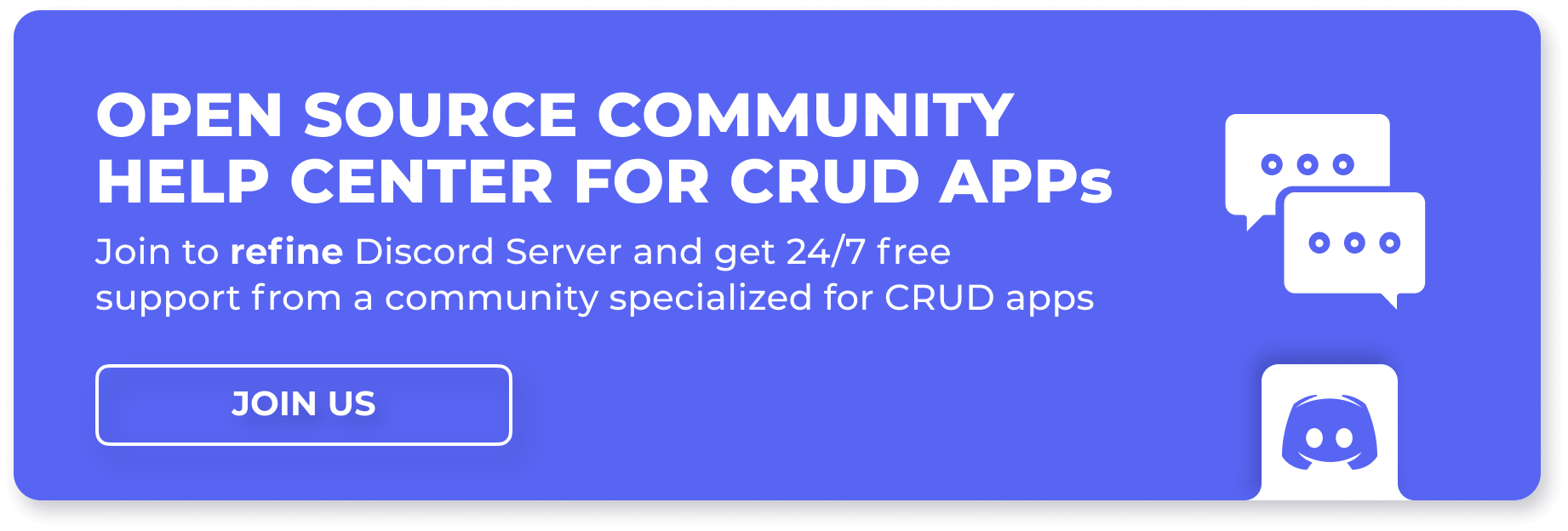Introduction
This year marks JavaScript's tenth consecutive year as the most widely used programming language, according to the Stack Overflow Developer Survey for 2022. Furthermore, the JavaScript tooling landscape has dramatically improved in recent years. As a result, Node.js and React.js are the two most popular web technologies among professionals and beginners.
The Node.js framework is used by some of the world's largest companies to build scalable websites with excellent user experiences. This includes companies such as Amazon, Netflix, PayPal, Uber, eBay, and NASA, to name a few. To work for these successful companies using Node.js, you must have the necessary Node.js developer skills to be hirable today.
In this article, we'll delve into the essential key competencies that a Node Js developer needs to succeed and function effectively in today's modern software development landscape.
Steps we'll cover:
- Understanding of JavaScript ES6
- Understanding of Node's Async Nature (Promises and Callbacks)
- Understanding of Event-Driven Programming in Node
- Experience with Express Framework
- Understanding of Middlewares
- Version Control Tools and Package management
- Database Management
- Security
Understanding of JavaScript ES6
JavaScript is far from being a perfect language because of many shortcomings induced by the circumstances surrounding its inception. However, over the years, developers have gained more experience with the language, which has resulted in further advancements - one of which is ES6. Due to the introduction of many innovative and useful features that modernized JavaScript, ECMAScript 2015, or ES6, is the most commonly preferred edition of JavaScript in most software development environments.
ES6 introduced the let and const keywords, which are blocked scoped declarations that are not prone to the errors common to the var keyword. ES6 also provides a better asynchronous operation, in the form of async & await, and promises to handle the results of requests and possible errors. Additionally, ES6 improves the readability of your codebase and empowers JavaScript with powerful features not previously seen in older versions, such as arrow functions, classes, optional chaining, template literals, destructuring assignment, spread operator, default function parameters, and modules to load and manage dependencies, among many others.
In summary, ES6 is the next generation of Javascript and attempts to fill the gaps in the older JavaScript versions. As such, having a solid understanding of ES6 will significantly improve your JavaScript skills and update you to write modern and more readable/maintainable JavaScript code.
Understanding of Node's Async Nature (Promises and Callbacks)
The main feature of Node.js is its asynchronous and non-blocking programming nature, intended for building highly scalable network applications. Node provides all the benefits of asynchronous non-blocking programming, such as using different threads and processes to carry out background tasks that, when finished, will trigger a callback in your code.
This asynchronous approach significantly reduces the waiting time for requests by facilitating the simultaneous execution of multiple operations, resulting in a much higher level of program efficiency, throughput, and performance in general. However, asynchronous programming can be rather complex and challenging for developers to fully utilize because it can easily be counterproductive without proper understanding. This can result in developers taking longer to complete their projects, which is not desirable.
Luckily, ES6 solved some of these problems by introducing Promises as a new way of writing asynchronous JavaScript code. With promises and callbacks, JavaScript's async nature becomes more predictable and easier to deal with as they help you better understand how your code is structured by offering consistency in how future events are handled. As such, having a proper understanding of the asynchronous first-class nature of Node.js, promises, and callbacks will help you avoid some of the problems associated with asynchronous programming.
Understanding of Event-Driven Programming in Node
Event-Driven Programming is a logical programming paradigm in which events drive program execution to avoid possible collisions in programs by limiting the complexity of program execution. Typically, an event-driven application uses an event loop to wait for an event to occur. When triggered, it invokes the appropriate action or callback function to deal with the event. For instance, a web page's user interface is an interactive interface that triggers certain events every time you interact with it - for example, a user action such as clicking a button or moving a mouse. Functions associated with these events are executed when an event is triggered to make changes to the user interface.
Node.js is event-driven by nature, meaning all actions and features run according to events. Node.js applications are designed to detect events as they occur and handle them appropriately using event-handling procedures. The fact that Node.js relies heavily on events is one of the reasons it is relatively faster than other similar technologies. On startup, Node starts its server, initializes variables and functions, and then watches for events to occur. The Javascript interpreter in Node runs in an operating environment built around an event queue. When events occur, the event queue pushes them onto the call stack. However, it is not until the current call is completed that new calls on the call stack are made. If Javascript is busy performing some work, it queues up that event and only triggers the next event after Javascript is done running the current task.
A grasp of event-driven programming in Node and some experience using it to design, write, test, and debug reasonably complex event-driven applications is a required skill that successful Node.js companies look out for when hiring Node.js developers.
Experience with Express Framework
Node.js has numerous frameworks and libraries that offer really powerful tools for developing highly scalable, feature-rich software applications - one of the many why Node.js is so popular. Several companies rely on these frameworks and libraries for their application development. As a result, they enjoy a great deal of market demand.
One of the essential Node.js developer skills is knowing how to work with these modern Node.js frameworks and libraries. Although you can build your servers and HTTP modules from scratch, it's more convenient and faster to build on a reliable framework as they are more secure and accelerate Node.js application development.
However, there are numerous frameworks for NodeJS, such as Express.js, MeteorJS, and Adonis.JS, to name a few. Therefore, selecting the most appropriate Node.js framework for your application development is imperative. Express.JS is hugely popular and stands as a foundational "de facto" framework that all Node.js developers are expected to be familiar with.
As a result, Express has enjoyed widespread popularity in the market and is used by more developers than any other web application framework. Express is so well received because it can help you get up and running quickly in most new code bases. Besides that, it's highly reliable and well-maintained.
Understanding of Middlewares
Express provides numerous features for building server-side applications as a Node.js framework. Middleware is an essential dependency of any Express Node.js web application. As the name implies, middleware is something that happens somewhere in the middle and is used in many languages and tools, including Express. By acting as a bridge, it facilitates communication between two entities.
In an application's request-response cycle, middleware functions access the request object (req), the response object (res), and any other middleware function that should be called next. The Middleware functions can modify these req and res objects for tasks such as parsing request bodies, modifying response headers, etc.
Suppose, for example; you want to add products to your backend database using an API. You can create a middleware that checks if the user trying to perform this action has the proper credentials by validating the user's details. After the middleware verifies that the credentials are valid, it passes the request to the next function responsible for adding the product to the database. However, if the user is not valid, the middleware returns an error, and the next function is not called. Therefore, having a proper understanding of Middlewares will allow you to write more robust and reliable Node.js applications.
Version Control Tools and Package management
To work collaboratively with other team members, every Node.js developer should have experience using source control tools such as git and Github. These tools provide developers with collaborative code tracking and iteration features that come in handy when working on complex projects, allowing you to track and make source code changes and resolve conflicts in the codebase.
Even if you're not a huge fan of source control, you'll use it in professional teams, and across every web application you work on. Learn more complex git commands than "commit" and "checkout" to improve your Node.js development skills.
Furthermore, a vital part of the Node.js community is package management. Luckily, Node.js ships with the NPM CLI, a command-line interface that allows software developers to share libraries and manage dependencies easily. Having package management experience is an essential skill for every Node.js developer, as you would be working with them all the time.
Database Management
Developing a Node.js application requires knowledge of how to store dynamic data in a persistence layer, such as a database. Data interaction becomes equally complex as your application's complexity increases. Therefore, knowledge of database management and how to tailor database schemes to meet the project's needs is a crucial skill for any Node.js developer.
Having a strong database management knowledge is especially important when working with businesses or applications dealing with large amounts of data. As a Node.js developer, you should be able to define table schemas, update records, integrate several databases if necessary, and ensure database security.
Security
There have always been concerns about web security, but with the recent increase in cyber-attacks and breaches, it is now more critical than ever. Nowadays, any production application that users trust with sensitive information is expected to provide data protection. Therefore, it is imperative to apply some data protection techniques to Node.js programs and web apps to maintain the application's security.
As a Node.js developer, you must know how to provide secure authentication in your web application and encrypt sensitive data efficiently in Node.js. As well as knowledge of dependency audits to identify and fix possible security issues in your dependencies
Conclusion
You will inevitably work on complex solutions as a Node.js developer. While there are several developer skills to have as a Node.js developer, you want to ensure that you are equipped with the essential skills required to function effectively as a capable Node.js developer in today's software development landscape.


